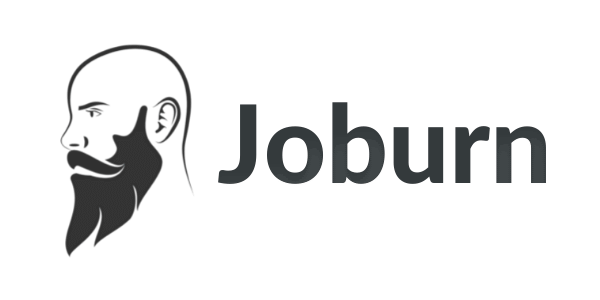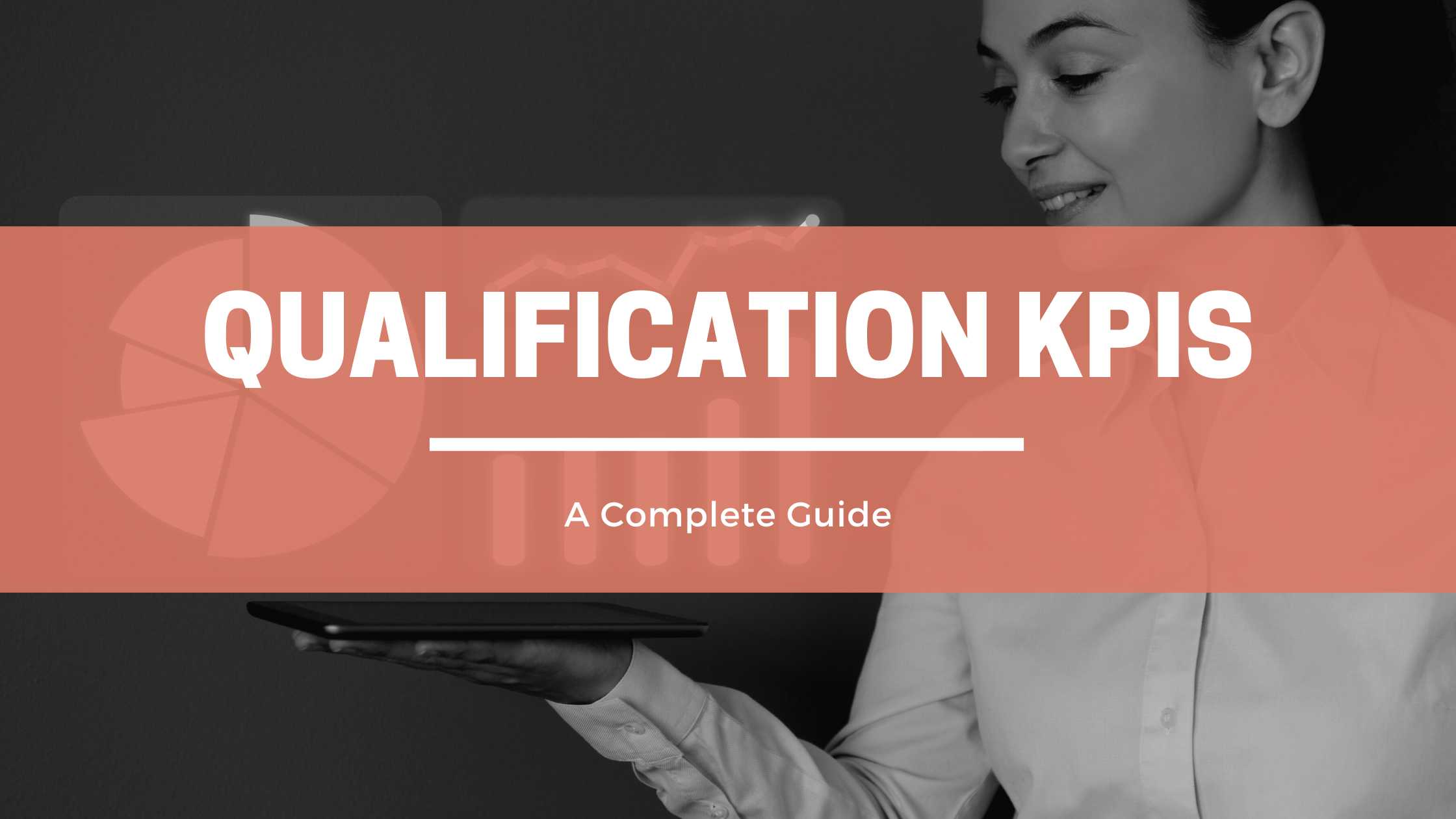Sales qualification is an essential process in businesses. However, measuring the effectiveness of the sales qualification process can be challenging. That’s where qualification Key Performance Indicators (KPIs) come in.
What is qualification KPIs?
Sales qualification KPIs are performance indicators used to measure the effectiveness of the sales qualification process. These KPIs can be used to identify areas of improvement in the qualification process, such as identifying the most effective lead sources or improving the quality of sales conversations.
What is an example of qualification KPIs?
Examples of sales qualification KPIs include:
- Conversion rate of leads to qualified opportunities
- Average time to qualify a lead
- Percentage of qualified leads that convert to sales
- Average deal size of qualified leads
- Win rate of qualified opportunities
What is the importance of qualification KPIs?
The importance of sales qualification KPIs lies in their ability to help sales teams focus on the most valuable leads, thereby increasing the likelihood of closing deals and driving revenue. By tracking and analyzing these KPIs, sales teams can improve their qualification process, prioritize their efforts, and ultimately, increase their sales success.
What are the types of qualification KPIs?
There are different types of sales qualification KPIs that can be used to measure the effectiveness of the sales qualification process. Here are some of the most common types:
- Lead Generation KPIs: These are KPIs that measure the effectiveness of the lead generation process.
- Lead Scoring KPIs: These are KPIs that measure the quality of leads and the likelihood of converting them into customers.
- Sales Funnel KPIs: These are KPIs that measure the effectiveness of the sales funnel and how well it is working to move leads through the sales process.
- Deal Qualification KPIs: These are KPIs that measure the quality of opportunities and how likely they are to close.
What are the types of qualification?
There are different types of sales qualification that can be used, depending on the specific needs of the organization. Some of the most common types of sales qualification include:
- BANT: This stands for Budget, Authority, Need, and Timing.
- CHAMP: This stands for Challenges, Authority, Money, and Prioritization.
- MEDDIC: This stands for Metrics, Economic Buyer, Decision Criteria, Decision Process, Identify Pain, and Champion.
What are the qualification KPIs?
Here are some examples of sales qualification KPIs:
- Lead-to-opportunity conversion rate
- Opportunity win rate
- Average deal size
- Sales cycle length
- Pipeline value
How do you measure qualification KPIs?
To measure sales qualification KPIs, you will need to collect data from various sources, including your CRM system, sales team reports, and other relevant business systems. Once you have the data, you can use various tools and methods, such as data visualization software or custom reports, to track and analyze the KPIs.
How to choose relevant KPIs
When choosing relevant KPIs for your business, it’s important to consider your specific goals and objectives, as well as the key areas of your sales process that you want to improve. You should also consider the types of data that are available to you and the ease of collecting and analyzing the data. It’s important to choose KPIs that are relevant to your business and provide insights that can help to drive improvement and growth.
What is the difference between qualification KPIs and metrics?
Qualification KPIs are high-level performance indicators used to measure the overall effectiveness of the sales qualification process, while qualification metrics are more granular data points used to track specific aspects of the process. KPIs are tied to specific business goals and objectives and provide insights into the performance of the sales team as a whole, while metrics are used to identify areas for improvement and track progress toward specific goals.
What is the most useful tools for qualification?
The most useful tools for sales qualification will depend on the specific needs of the organization. However, some common tools include CRM systems, sales automation tools, and data visualization software. These tools can help to streamline the sales qualification process, automate routine tasks, and provide real-time insights into the performance of the sales team.
What is KPI for qualified leads?
A common KPI for qualified leads is the lead-to-opportunity conversion rate. This metric measures the percentage of leads that are successfully converted into opportunities, and it can provide insights into the effectiveness of the lead qualification process. Other KPIs for qualified leads might include opportunity win rate, average deal size, and sales cycle length. These KPIs can help to provide a comprehensive view of the performance of the sales team and the overall health of the sales pipeline.

